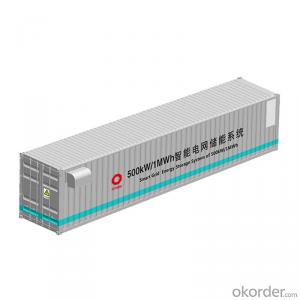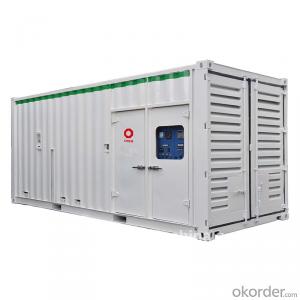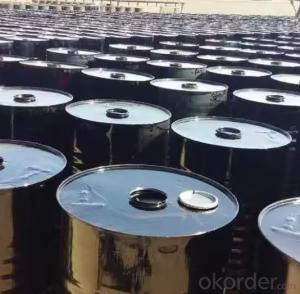ESS Solar Energy Storage System 500kw 1MWH With Lifepo4 Battery Container
- Loading Port:
- Shanghai
- Payment Terms:
- TT OR LC
- Min Order Qty:
- 1 unit
- Supply Capability:
- 10 unit/month
OKorder Service Pledge
OKorder Financial Service
You Might Also Like
Item specifice
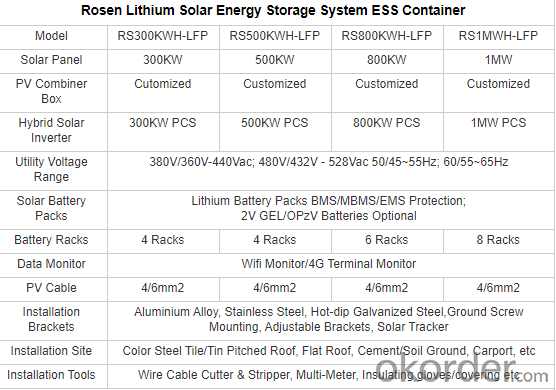
Solar Panels
Mono/Poly/felxible/black etc all types Panels;
High efficiency power up to 450W/ 550W/600W Half Cell/Bifacial Solar PV Modules;
All certificates listed with more than 30years life and warranty
PID Resistant,High salt and ammonia resistance;
Hybrid Energy Storage Inverter
Automatic Switch to charge loads, batteries or from Grid backup with priority setting function; Lithium Battery and GEL storage battery compatible with almost all types of inverters;Comprehensive WIFI monitor for electricity production and consumption data, to check your investment payment on time;
Solar Lithium/GEL Battery Packs
Lithium and GEL Storage Batteries Optional;
100Ah/150Ah/200Ah, with 100kwh/300kwh/500kwh capacity;
BMS Communication matched with almost all types of hybrid energy inverters;
Installation is convenient with cable, rack etc Accessories ready in package.
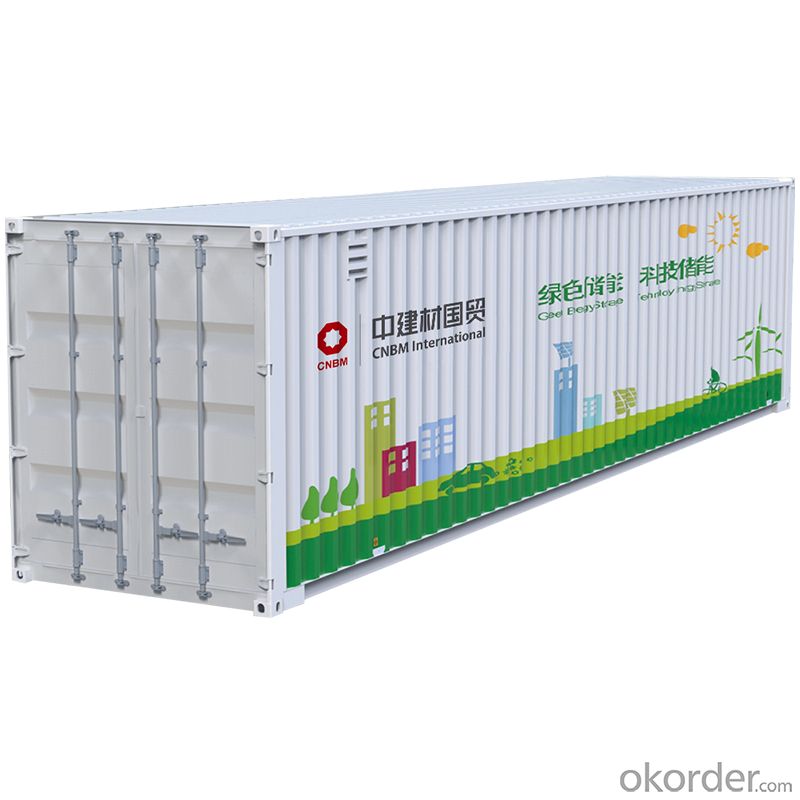
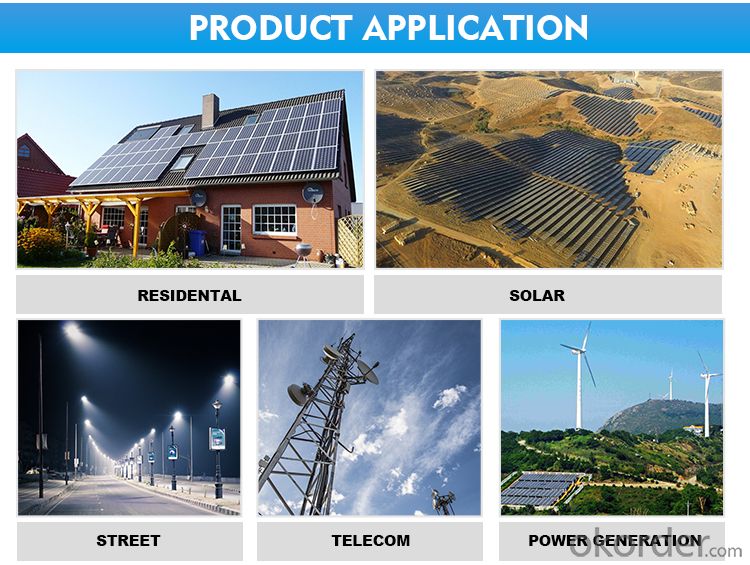
- Q:Can a solar energy system be connected to the grid?
- Yes, a solar energy system can be connected to the grid. In fact, most solar installations are designed to be grid-connected, allowing excess electricity to be fed back into the grid and reducing reliance on non-renewable energy sources. This connection also enables homeowners and businesses to benefit from net metering programs, where they receive credits or payments for the surplus electricity they generate.
- Q:Can a solar energy system withstand extreme weather conditions?
- Certainly, extreme weather conditions pose no challenge for a solar energy system. Solar panels boast a sturdy design that enables them to endure diverse weather phenomena, such as scorching heat, freezing cold, fierce winds, heavy downpours, and even snowfall. These panels are crafted with tempered glass and often undergo rigorous testing to ensure their resilience against hailstorms or excessive snow loads. Moreover, solar panels are securely installed to withstand powerful gusts and are engineered to resist corrosion. In essence, although extreme weather conditions may slightly affect solar energy production, solar energy systems are purposefully constructed to persist and function optimally in various weather conditions.
- Q:Are there any noise concerns associated with solar energy systems?
- Noise concerns may arise when using solar energy systems, though they are generally quiet. One of the main sources of noise is the inverter, which converts DC electricity from the panels into AC electricity for use. The inverter may emit a low humming noise, similar to that of a fridge or AC unit. However, the noise level is typically very low and not considered disruptive. Fortunately, advancements in technology have led to the development of quieter inverters that produce minimal noise. Some inverters have noise reduction features like soundproof enclosures or low-noise fans. Additionally, the location of the inverter can help minimize noise concerns. Placing it in a well-insulated area, away from living spaces, can further reduce potential noise disturbances. It's important to note that other components of a solar energy system, such as mounting structures and wiring, do not generate significant noise. Solar panels themselves are noiseless as they rely on sunlight for electricity generation, without any moving parts. In conclusion, while certain components of solar energy systems may have noise concerns, advancements in technology and proper installation practices have greatly reduced potential disruptions.
- Q:What are the different applications of solar energy systems in transportation?
- Transportation can benefit greatly from the utilization of solar energy systems in various ways. By incorporating solar panels onto vehicles such as electric cars, carbon emissions and reliance on fossil fuels can be reduced. This not only extends the driving range of electric vehicles but also lessens the need for charging from the electrical grid. Furthermore, solar energy can be harnessed in charging stations specifically designed for electric vehicles. These stations can be equipped with solar panels, allowing them to generate clean electricity for charging purposes. This shift away from non-renewable energy sources contributes to the establishment of a more sustainable transportation system. Another avenue for solar energy systems in transportation is seen in public transportation. By implementing solar-powered buses and trains, cities can offer emission-free transportation options, thereby decreasing air pollution and enhancing air quality. Solar panels installed on the roofs of these vehicles can additionally power various onboard systems, including lighting, air conditioning, and information displays, further minimizing energy consumption. In addition to electric vehicles and public transportation, solar energy systems can also be integrated into other modes of transportation like bicycles and boats. By incorporating solar panels into the design of these vehicles, electricity can be generated to power electric motors or charge batteries. This advancement makes these transportation options more energy-efficient and environmentally friendly. In summary, the applications of solar energy systems in transportation are vast and hold immense potential for reducing greenhouse gas emissions while simultaneously promoting sustainable transportation options. By harnessing the power of the sun, we can create a future for transportation that is cleaner and more environmentally friendly.
- Q:Can a solar energy system be integrated with an existing electrical system?
- Integrating a solar energy system with an existing electrical system is indeed possible. Many people choose to install solar panels on their homes or businesses and connect them to their current electrical systems. This connection involves the installation of an inverter, which converts the solar panels' DC power into AC power, suitable for powering appliances and devices. The inverter is then linked to the existing electrical system, allowing the solar energy system to supplement or even replace grid electricity. By integrating solar energy, one can efficiently and sustainably utilize solar power while still having access to grid electricity when necessary. This integration also allows for net metering, wherein excess solar electricity can be sent back to the grid for credit or compensation. Proper planning and installation of a solar energy system with an existing electrical system can significantly reduce energy costs, decrease reliance on fossil fuels, and contribute to a cleaner and more sustainable energy future.
- Q:Can solar energy systems be used in areas with extreme temperature fluctuations?
- Yes, solar energy systems can be used in areas with extreme temperature fluctuations. Solar panels are designed to withstand a wide range of temperatures, from extremely high to extremely low. Additionally, advancements in technology have made solar panels more efficient in converting sunlight into electricity, even in harsh climatic conditions. However, it's important to note that extreme temperature fluctuations may affect the overall performance and efficiency of solar panels, so proper maintenance and monitoring are necessary to ensure optimal performance.
- Q:How do solar energy systems impact national energy policy?
- Solar energy systems have a significant impact on national energy policy by promoting a shift towards renewable energy sources and reducing dependence on fossil fuels. They encourage the adoption of sustainable practices and help countries meet their carbon emission reduction targets. Additionally, solar energy systems foster energy independence, create new job opportunities, and enhance energy security, ultimately shaping and influencing national energy policies.
- Q:Are there any tax credits available for installing solar energy systems?
- Yes, there are tax credits available for installing solar energy systems. These credits, known as solar investment tax credits (ITCs), provide a financial incentive for homeowners and businesses to switch to solar power. The federal government offers a 26% tax credit for residential and commercial solar installations through 2022. However, it's important to note that state and local governments may also offer additional incentives and tax credits for solar energy systems.
- Q:Can solar energy systems be used in powering recycling plants or waste management facilities?
- Yes, solar energy systems can certainly be used to power recycling plants and waste management facilities. Solar panels can be installed on the roofs or in open spaces of such facilities to generate electricity from sunlight. This renewable energy source can help reduce reliance on fossil fuels and lower the carbon footprint of these operations. Additionally, solar energy can provide a stable and consistent power supply, contributing to the overall sustainability and efficiency of recycling plants and waste management facilities.
- Q:Can a solar energy system be installed on a parking garage or structure?
- Certainly, it is entirely possible to install a solar energy system on a parking garage or structure. As a matter of fact, these locations are often considered ideal for solar installations due to their expansive surface areas and access to sunlight. The utilization of available space can be maximized by mounting solar panels on the roof or external walls of parking structures. Furthermore, the raised position of parking garages enables better exposure to sunlight, resulting in more efficient generation of solar energy. Furthermore, the installation of a solar energy system on a parking garage or structure can yield numerous advantages, including the generation of clean and renewable energy, reduction in electricity costs, and offsetting of carbon emissions. This choice therefore proves to be a sustainable and environmentally friendly option for energy production.
1. Manufacturer Overview |
|
|---|---|
| Location | |
| Year Established | |
| Annual Output Value | |
| Main Markets | |
| Company Certifications | |
2. Manufacturer Certificates |
|
|---|---|
| a) Certification Name | |
| Range | |
| Reference | |
| Validity Period | |
3. Manufacturer Capability |
|
|---|---|
| a)Trade Capacity | |
| Nearest Port | |
| Export Percentage | |
| No.of Employees in Trade Department | |
| Language Spoken: | |
| b)Factory Information | |
| Factory Size: | |
| No. of Production Lines | |
| Contract Manufacturing | |
| Product Price Range | |
Send your message to us
ESS Solar Energy Storage System 500kw 1MWH With Lifepo4 Battery Container
- Loading Port:
- Shanghai
- Payment Terms:
- TT OR LC
- Min Order Qty:
- 1 unit
- Supply Capability:
- 10 unit/month
OKorder Service Pledge
OKorder Financial Service
Similar products
New products
Hot products
Hot Searches
Related keywords
